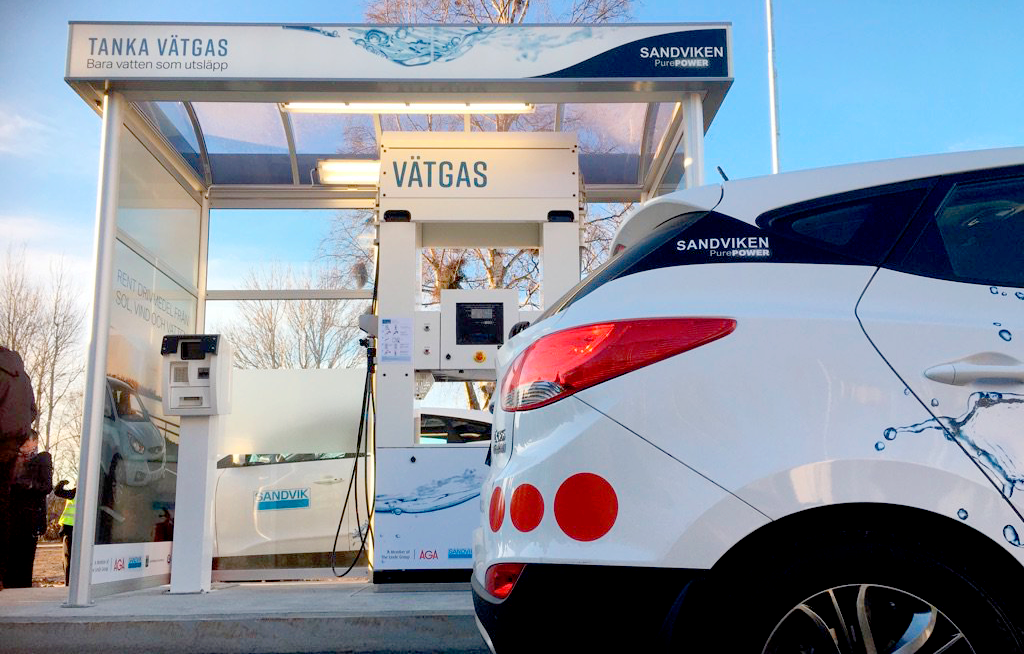
KTH has received a 50 million SEK ($5.3M) grant to develop the energy technology of the future.
The research project called PUSH is funded by the Foundation for Strategic Research (SSF) and will contribute to finding solutions for the UN’s climate goals on sustainable energy and fighting climate change.
In the project the researchers are looking at the whole process – producing, using and storing hydrogen. The production is to be carried out by means of electrolysis and through fuel cells hydrogen gas is converted to generate electricity. To facilitate storage and distribution, researchers want to investigate the possibility of bonding hydrogen to organic molecules.
- There is already commercialization of fuel cells, hydrogen storage and electrolysis. We hope to be able to help make every step of the chain a little more efficient, and thus create greater conditions for technology to play an important role in the climate change, ”says Göran Lindbergh.
Hydrogen technology is often highlighted as an environmentally friendly alternative to conventional, battery-powered vehicles.
- One of the benefits of hydrogen is when large amounts of energy are to be stored. The weight and volume will be significantly lower than if batteries are used. This means that hydrogen and fuel cells are an attractive solution for heavy vehicles that have to travel far.
But hydrogen can also have a broad impact in the process industry, Göran Lindbergh believes, pointing to the example of the Swedish steel industry. In collaboration with KTH, the companies LKAB, SSAB and Vattenfall run a project with the goal of producing fossil-free steel – by replacing the coal in the blast furnaces with hydrogen.
PUSH
- The research project “Production, use and storage of hydrogen (PUSH)” covers the entire value chain in a hydrogen-based energy system. The aim is to achieve improvements in all stages of the hydrogen chain. An example is electrolysers which, by being able to quickly start and stop, can be better integrated together with the production of renewable electricity with solar and wind. Another important goal is to educate the next generation of researchers in the field.
- The research is carried out by seven groups at four universities, KTH, Lund University, Chalmers and Umeå University and the research institute RISE.
Source: KTH
Read the most up to date Fuel Cell and Hydrogen Industry news at FuelCellsWorks




